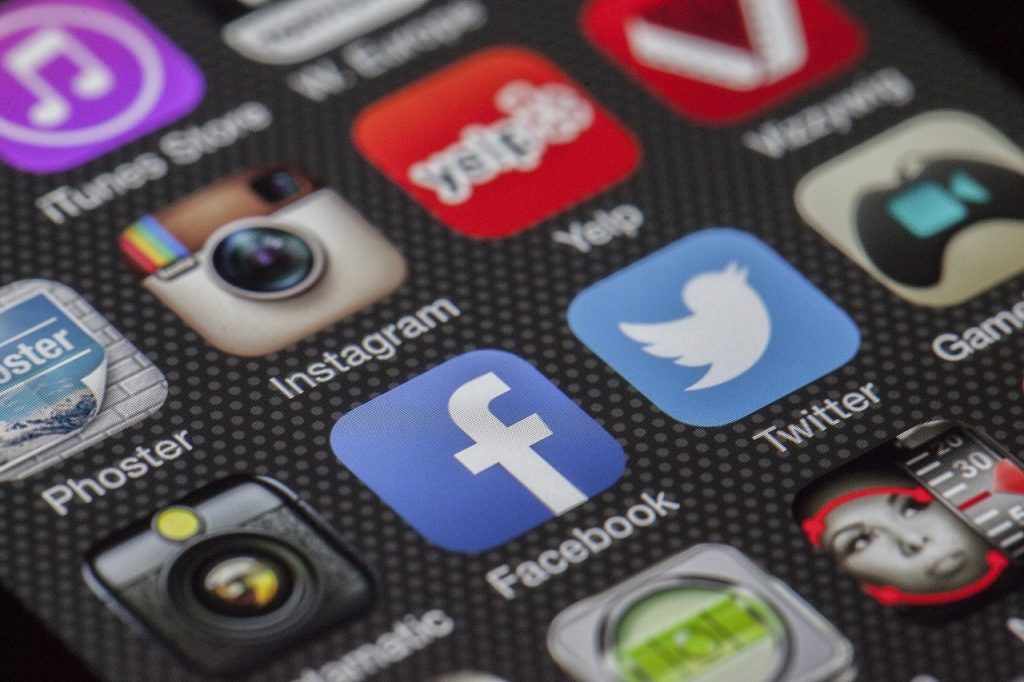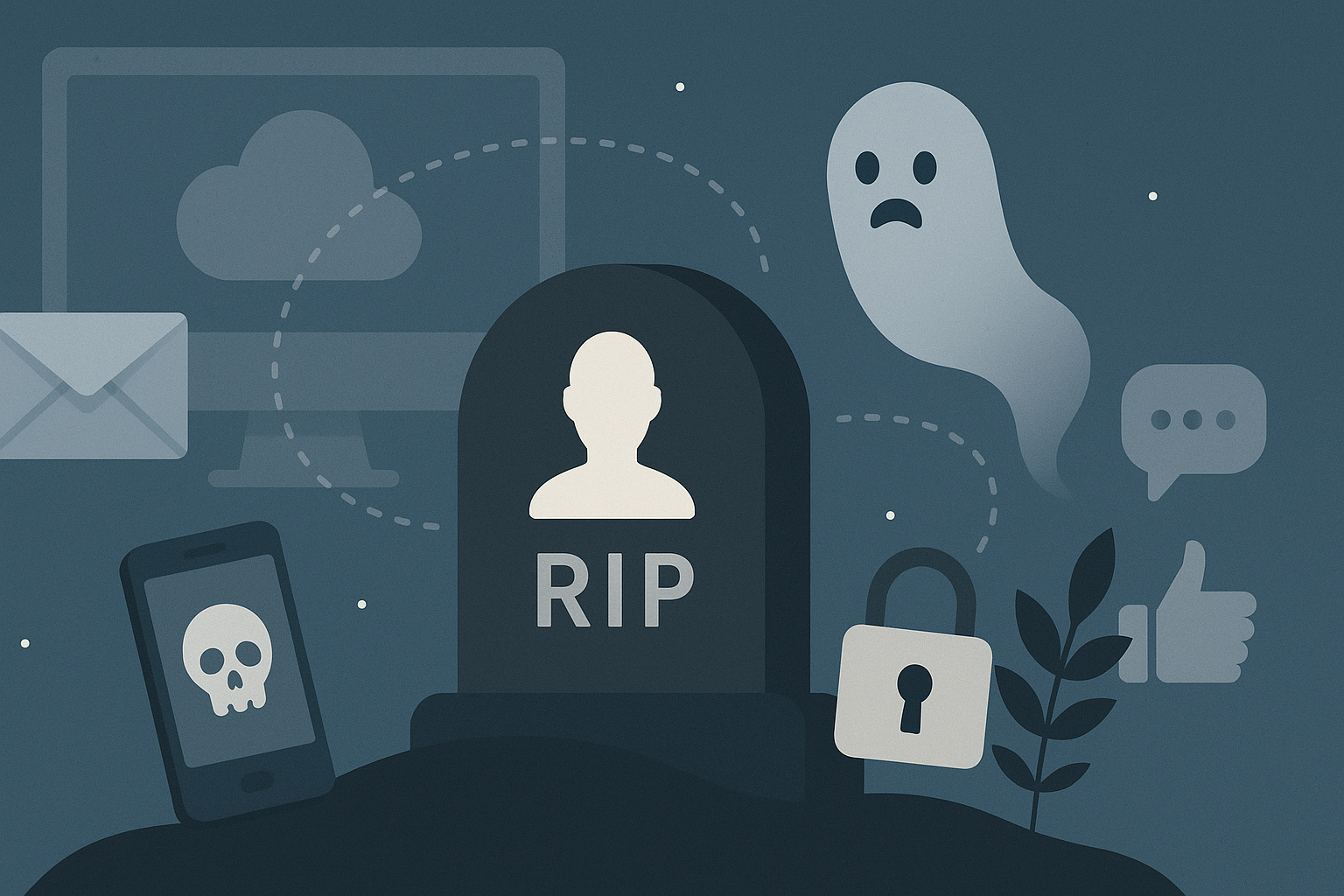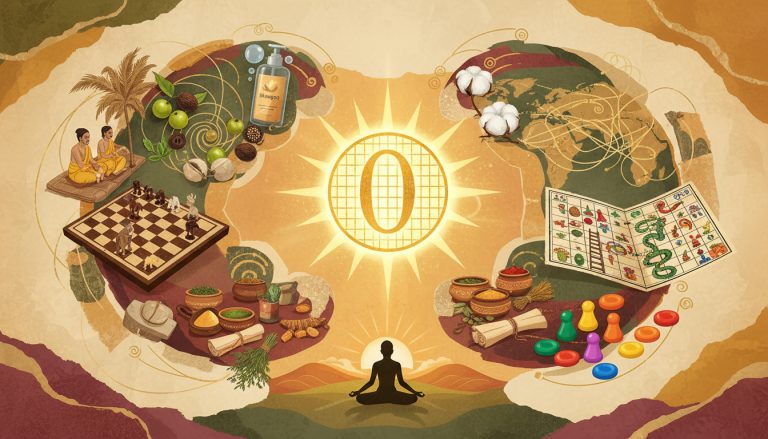Ever wondered what happens to your online accounts, photos, messages, and memories after you’re gone? In today’s hyper-connected world, we leave behind more than just physical belongings—we leave behind a digital life.
From social media profiles to cloud storage, emails, and even online banking, our digital footprints remain long after we do. But who controls it? Who gets access? And can you decide what happens to it all? Let’s dive into the fascinating and often overlooked world of digital legacy.
1. What Is a Digital Legacy?
Your digital legacy includes everything you create, own, or interact with online. This ranges from your Facebook and Instagram profiles, emails, blogs, and YouTube videos, to more private data like passwords, banking details, crypto wallets, and cloud files. Unlike physical property, your digital assets don’t automatically pass on to your loved ones unless you’ve planned for it.
2. Who Owns Your Data After Death?
Most platforms have terms of service that decide what happens when a user dies. Some accounts can be memorialized, while others may be deleted. For example:
- Facebook allows you to assign a legacy contact who can manage your memorialized account.
- Google offers an Inactive Account Manager, where you can decide who gets access after a certain period of inactivity.
- Many other platforms still have no clear policy.
In most cases, without prior instructions, family members might struggle to access or even shut down accounts due to privacy laws.
3. Can You Plan Your Digital Afterlife?

Yes, and you should. Planning for your digital assets is becoming as essential as writing a will. Here’s how:
- Create a Digital Will
Specify your wishes for each account and who should handle them.
- Password Managers
Some tools, like LastPass or 1Password, offer emergency access to trusted contacts.
- Legal Help
In some countries, digital assets can now be included in your estate plans.
Without proper planning, your online presence could linger or be misused.
4. The Emotional Side of Digital Death
Your digital life isn’t just about data—it’s about memories. For loved ones, photos, videos, and messages can be precious after you’re gone. Memorialized accounts on social media serve as a place for friends and family to remember and share. But for some, seeing these profiles pop up can be painful. That’s why it’s important to decide how you want to be remembered—or if you prefer a clean slate.
5. The Future of Digital Legacies
Tech companies are slowly adapting to the reality of digital death. More platforms are expected to offer options like:
- Automated data deletion after inactivity.
- Digital estate services that help manage or transfer your online assets.
- AI-based memorials where your data could simulate conversations or share memories.
As technology evolves, so will the way we handle our digital selves after death.
Final Note:
Your digital life is just as real as your physical one—and it deserves thoughtful planning. Whether you want to be remembered through your social posts or prefer to leave no trace, the choice is yours. Take control of your digital afterlife today, so your loved ones aren’t left in the dark tomorrow.
FAQs
Q: Can someone legally access my online accounts after I die?
A: Only if you’ve given prior permission or included it in a legal document. Otherwise, privacy laws often prevent access.
Q: What is a legacy contact?
A: A legacy contact is someone you choose to manage parts of your social media account after you pass away, as Facebook offers.
Q: How can I protect my digital life?
A: Use a password manager with emergency access, create a digital will, and document your wishes clearly for trusted family members.
Q: Will my emails and photos be deleted automatically?
A: Not unless you set it up. Platforms like Google can delete data after inactivity, but you need to enable this.
Q: Can AI really keep you alive digitally?
A: Some companies are experimenting with AI-powered avatars or chatbots based on your data, but it’s still early and controversial.






